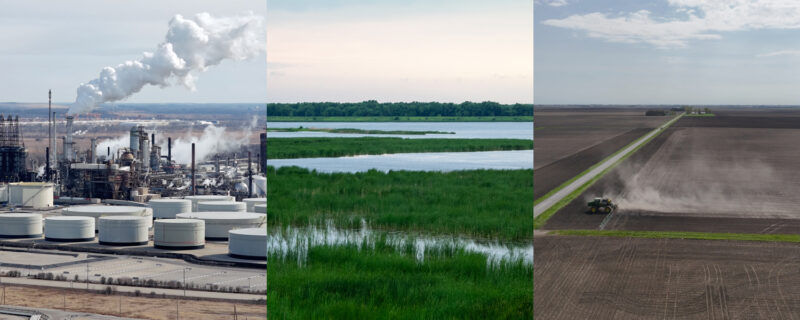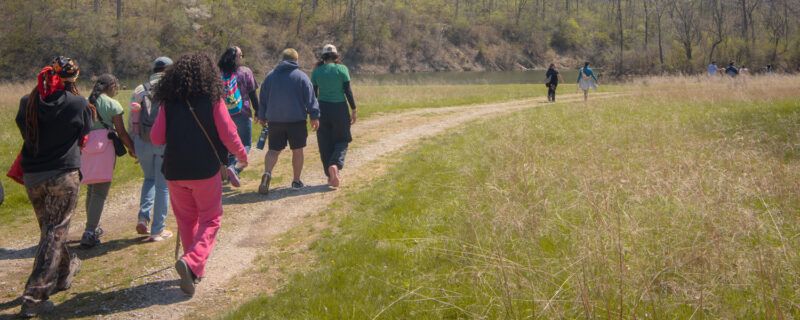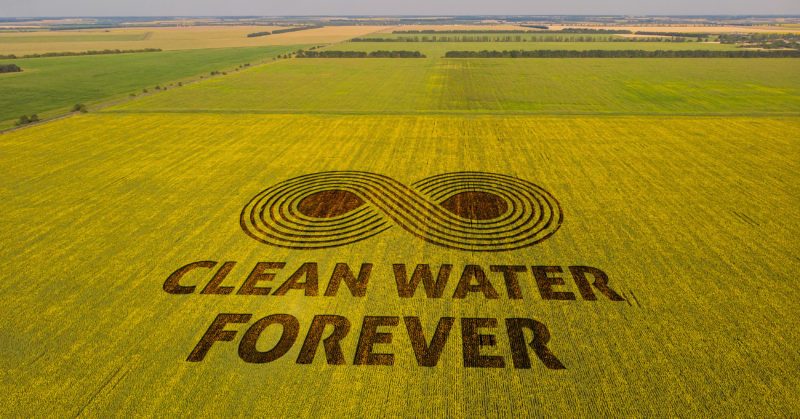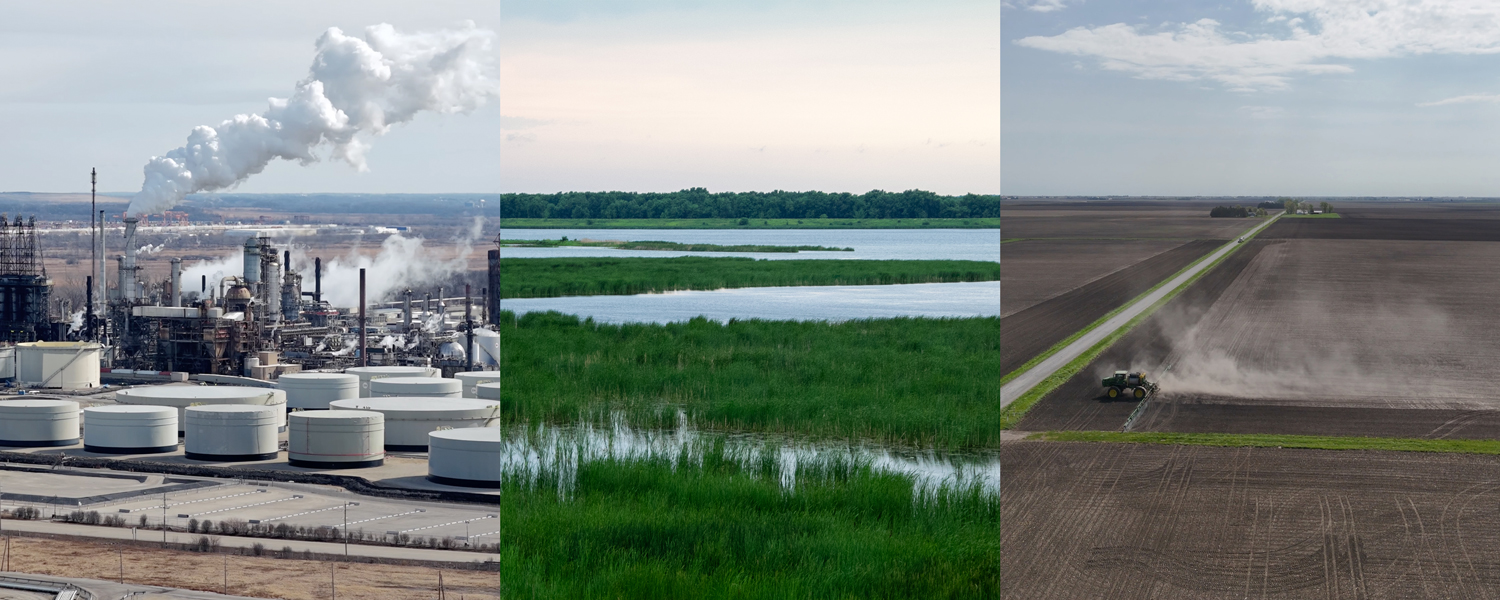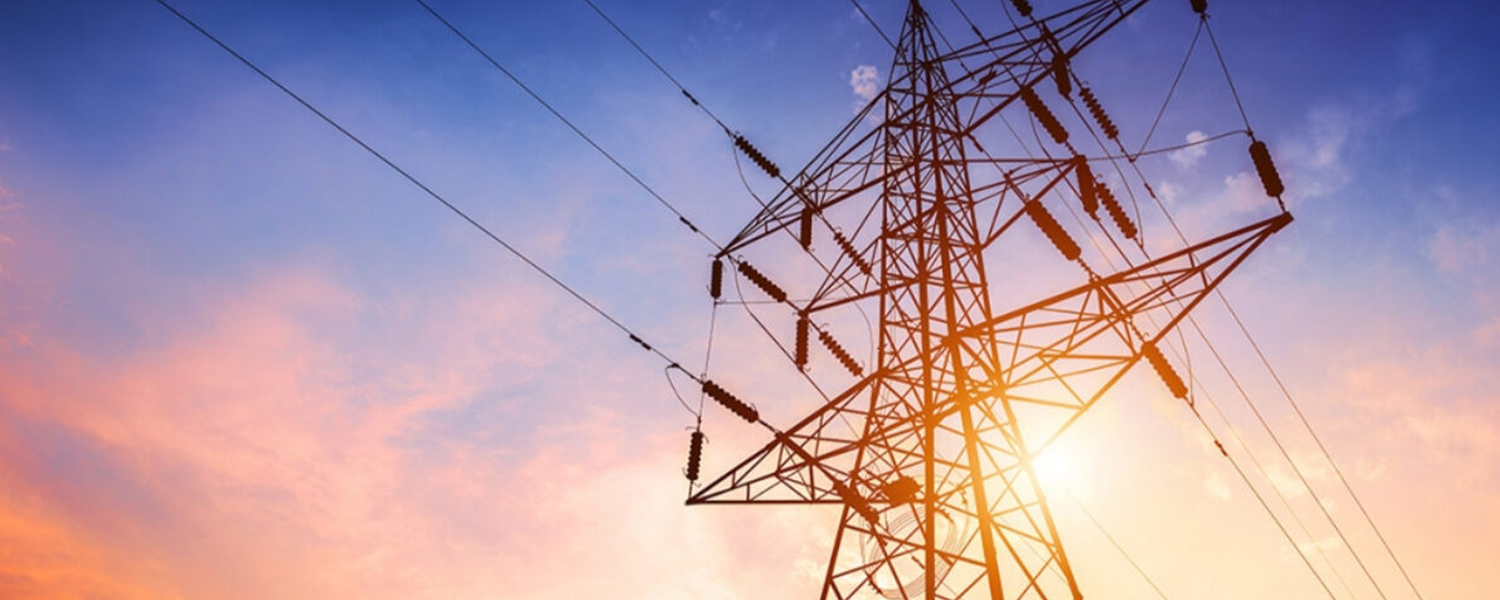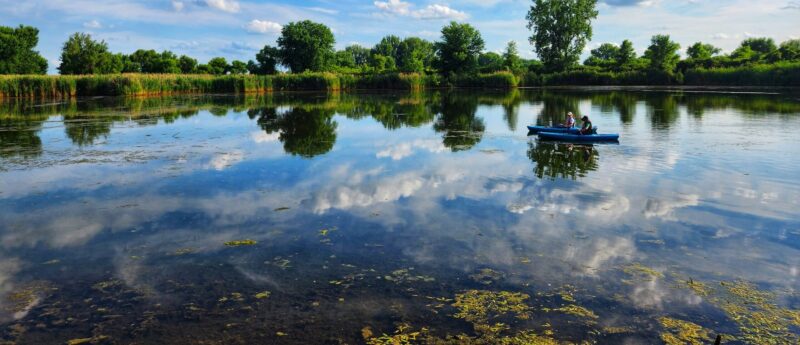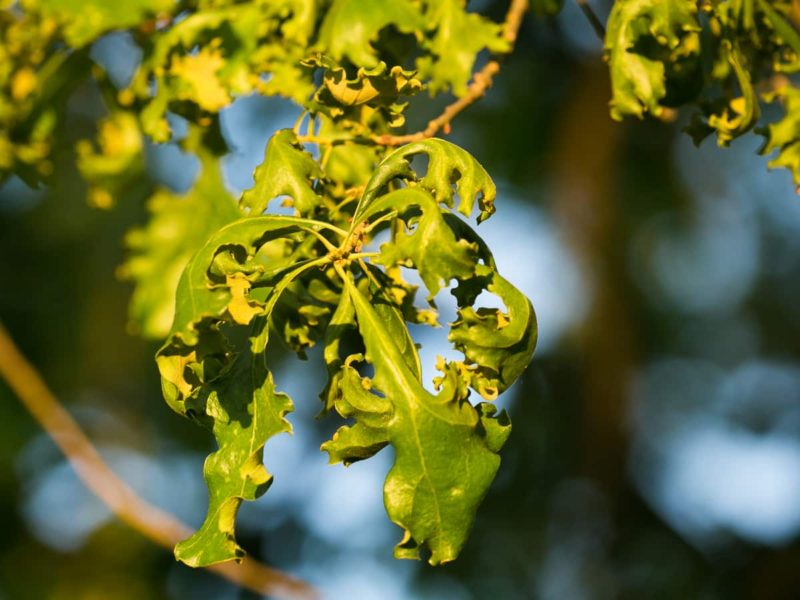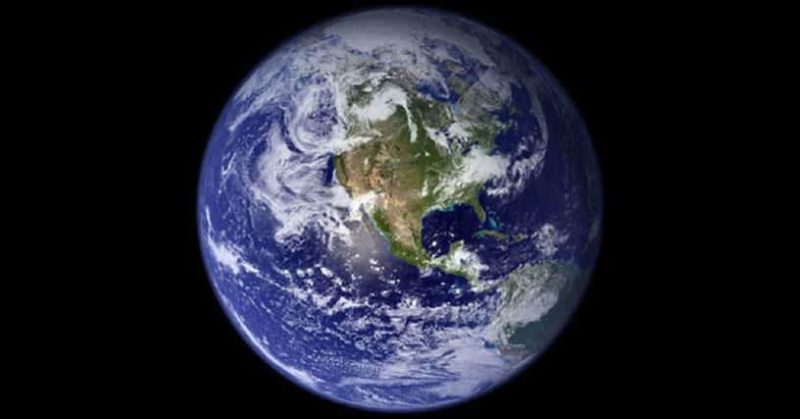We All Can Be Part of the Solution
Inspiring change to the status quo is hard, but together we can address climate change to make a difference.
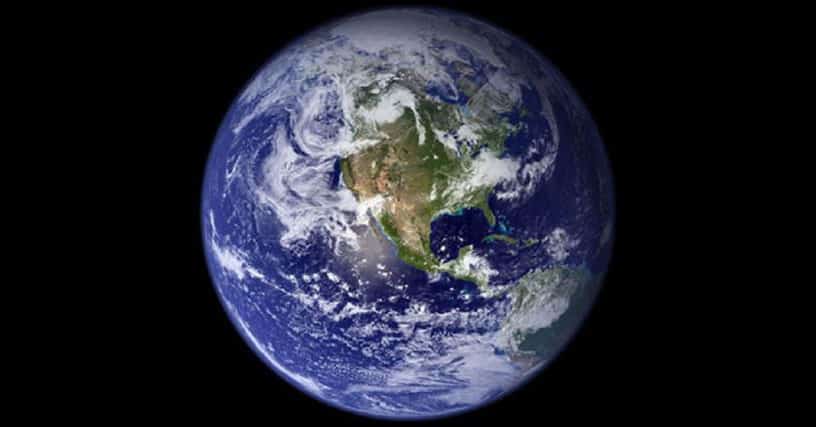 Problem: Fossil Fuels, Coal, Gas-Pollution and Climate Change
Problem: Fossil Fuels, Coal, Gas-Pollution and Climate Change
Earth’s climate is changing at a rate and in a way that is not explainable by natural factors. Human influences, namely the emission of greenhouse gases, have already caused an estimated 1.8℉ of warming. The evidence and impacts of a changing climate are already prevalent and include rising temperatures, acidifying and warming oceans, sea level rise, melting glaciers, shifting rainfall patterns, flooding, and more. These impacts increase the risks related to health, livelihoods, food security, water supply, and economic growth. July of 2019 was the hottest July in the 140-year record, and nine of the ten hottest Julys have occurred since 2005. Wet conditions from July 2018 through June 2019 resulted in a new 12-month precipitation record in the U.S. In 2019, the USDA declared an agricultural disaster in all 102 Illinois counties due to near record breaking flooding. Climate change is already here.
Solution: Limit Global Warming
Climate related risks can be mitigated if we limit global warming to 2.7℉ (1.5℃) compared to 3.6℉ (2.0℃). Rapid and far reaching solutions that either reduce emissions or sequester carbon from the atmosphere must occur in every sector, including energy, land use, transportation, manufacturing, etc. Those solutions include the Renewable Energy Solutions mentioned above. Prairie Rivers Network is working to advance nature based climate solutions through our work on regenerative agriculture and floodplains, and we are working to put Illinois on a path to 100% renewable energy. Our multifaceted and interconnected program work confronts many of the root causes of environmental degradation in our state while addressing the sources and impacts of climate change. In doing so, they nurture ecologically-grounded cultural values and understandings that uphold the entire community of life. Our program work to confront climate change include:
- Advancing regenerative agriculture as an economically viable alternative to industrial agriculture, occupying a growing share of the overall Illinois landscape.
- Holding industrial agriculture accountable for its many harms—to waterways, lands, wildlife, the atmosphere, public health, and rural life—with its costs internalized by the industry and, over time, greatly reduced.
- Protecting lands, waters, and wildlife from the environmental harms of energy production.
- Mitigating climate change by a just and equitable transition to renewable energy.
- Creating more abundant and higher quality habitat and open space to support human, plant, and animal communities.
- Ensuring rivers and the communities along them are healthier and more resilient.

